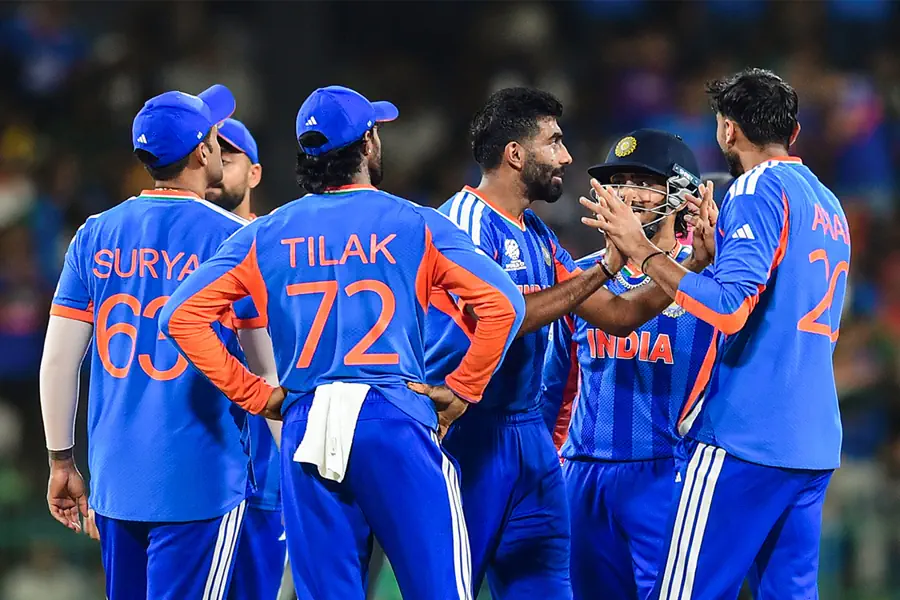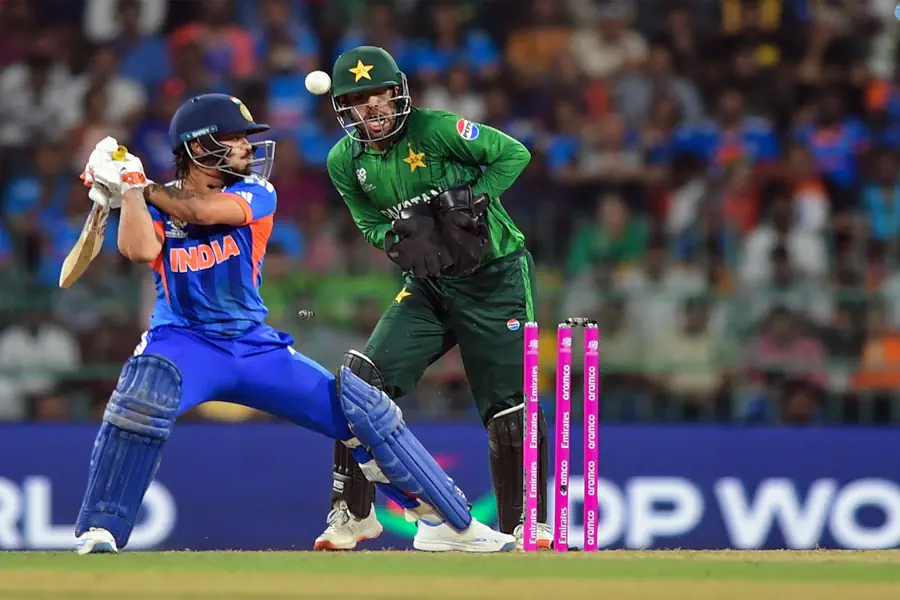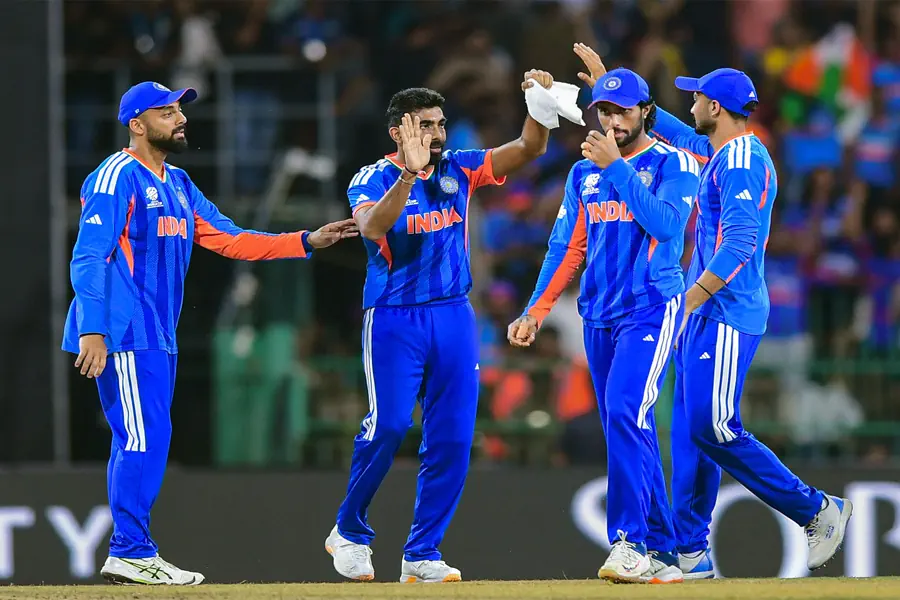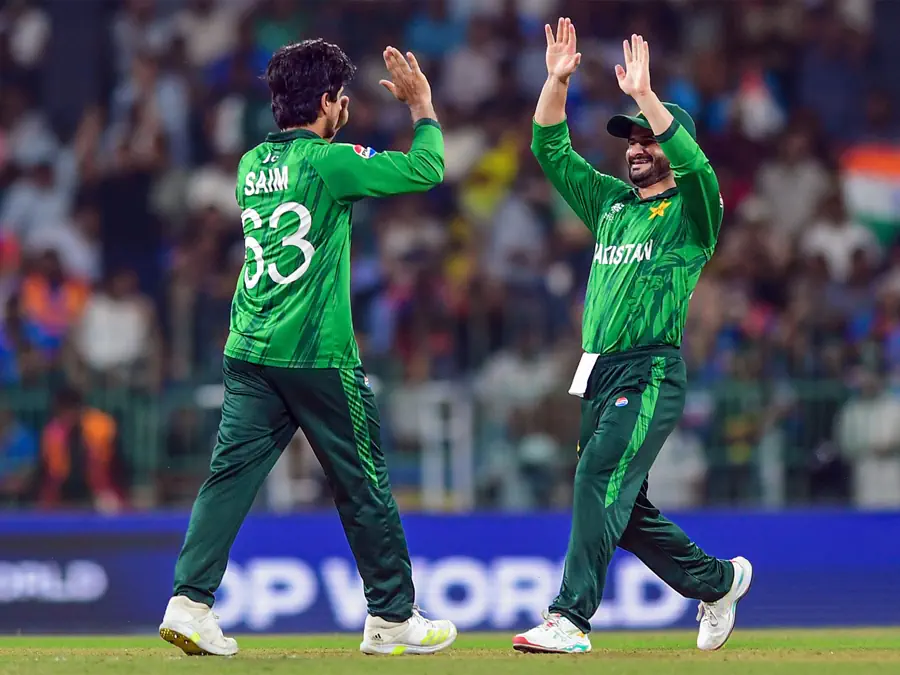Cricket has evolved into a year-round sport, with domestic leagues, bilateral series, and ICC events keeping players constantly engaged. While this non-stop action excites fans, it has also raised concerns about player burnout. Managing workload is no longer just about ensuring peak performance—it’s about safeguarding careers and maintaining the quality of the sport.

In modern cricket, players frequently travel across continents, adjusting to different time zones and climates. A packed schedule increases the risk of fatigue-related injuries, affecting individual careers and a team’s overall performance. Cricket boards must carefully plan schedules to balance workload, recovery, and competitive demands.
Balancing Workload and Recovery
To ensure players remain at their best, cricket boards, team managers, and coaches implement strategies that balance performance with rest. Several factors play a crucial role in this balancing act:
- Fatigue management: Overplaying can lead to exhaustion, increasing injury risks and reducing effectiveness on the field.
- Travel considerations: Long flights and constant movement across countries add to physical and mental strain.
- Tournament frequency: While marquee events like the ICC World Cup and T20 leagues generate significant revenue, many matches can lead to player fatigue.
Key Scheduling Strategies
Cricket boards worldwide recognize the importance of structuring schedules to avoid excessive strain on players. Several key strategies help in maintaining a balanced workload:
1. Rotation Policies
Teams now follow strict rotation policies to keep players fresh. Fast bowlers, in particular, benefit from workload management programs that prevent overuse injuries. For example:
- England’s rotation system ensures bowlers get sufficient rest between series. The England and Wales Cricket Board (ECB) has implemented workload management strategies, especially for multi-format players.
- India’s selectors periodically rest key players during less crucial series. This approach helps senior players like Virat Kohli and Rohit Sharma stay fit for high-stakes matches while allowing younger players to gain international exposure.
- Australia follows a workload-based approach. Pacers are closely monitored for injury risks, and players are rotated during long tours to keep them fresh for key encounters.
2. Mandatory Rest Periods
Certain players are required to take mandatory rest periods between series. This practice is particularly essential after grueling tours that involve multiple time zone changes. Rest allows players to recover physically and mentally, preventing burnout.
- Long-haul tours demand extra rest: When teams play in different hemispheres, they face drastic time zone shifts.
- T20 leagues add to scheduling stress. Players in franchise leagues like the Indian Premier League (IPL) often face compact schedules. To counteract this, cricket boards enforce breaks between tours to ensure international commitments do not compromise player well-being.
- Mental fatigue is a growing concern: With high-pressure matches and constant media scrutiny, mental well-being is as important as physical fitness. Teams now work with psychologists and wellness experts to help players manage stress and avoid burnout.
3. Spacing of Bilateral Series and ICC Events
To avoid excessive strain, cricketing authorities aim to space out bilateral series and significant ICC tournaments effectively. ICC events like the Cricket World Cup and T20 World Cup are scheduled with multi-year gaps to allow teams to recover and prepare adequately. Between these global tournaments, teams participate in bilateral series, which are often planned with sufficient rest periods to manage player workload.
For instance:
- Test-playing nations schedule home and away series to minimize extreme travel fatigue. Long overseas tours are typically followed by home series to balance player recovery.
- ODI and T20 series are often strategically placed between test tours to ensure variety while preventing excessive playing time in a single format.
- The ICC Future Tours Programme (FTP) provides a structured approach, ensuring that no team plays excessively in a short span while maintaining competitive international cricket year-round.
However, franchise-based leagues like the Indian Premier League (IPL) add another layer of scheduling complexity, requiring national boards to negotiate player availability. Since the IPL and similar leagues occur annually, national teams must carefully manage player participation to prevent fatigue before major ICC tournaments. This often leads to debates about prioritizing international duty over lucrative franchise commitments.
The Role of Match Odds in Scheduling
Beyond fitness and player well-being, scheduling also subtly influences match odds. A well-rested team generally performs better than one struggling with fatigue. When star players receive adequate rest, their chances of excelling in key moments increase, affecting pre-match predictions and betting odds.
For example, a Test series scheduled immediately after a demanding limited-overs tour might see players underperforming due to exhaustion. Bettors and analysts closely observe such scheduling patterns, as they can impact a team’s overall probability of winning. On the other hand, a properly spaced-out schedule gives teams a better chance to compete at their highest level.
Ensuring the Sustainability of Cricket
Practical scheduling benefits not only the players but also the sport itself. By prioritizing workload management, cricket boards ensure:
- Players enjoy longer careers with fewer injury layoffs.
- The overall standard of cricket remains high, keeping fans engaged.
- Teams remain competitive, ensuring balanced contests across all formats.
As cricket continues to grow globally, scheduling will remain a key factor in shaping the game’s future. A thoughtful approach to workload management will guarantee that players perform at their best while ensuring the long-term sustainability of cricket as a high-quality spectacle.
Also Read:
- India Rocked It: Sachin, Sehwag Laud Men In Blue After Emphatic Win Over Pakistan In T20 World Cup
- T20 World Cup: Suryakumar Hails Ishan’s Responsible 77, Says India Were 15-20 Runs Above Par Against Pakistan
- IND vs PAK: Kishan’s 77 Powers India To 61-Run Win Over Pakistan In T20 World Cup
- IND vs PAK Clash Sees Pakistan’s 18-Over Spin Strategy Join T20 WC Record Books




